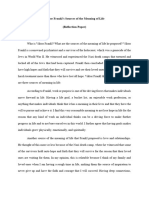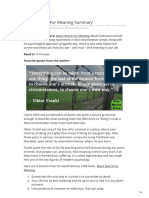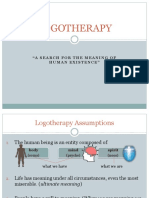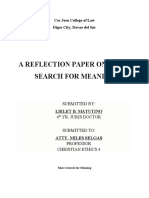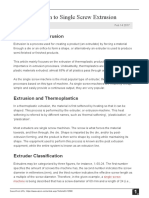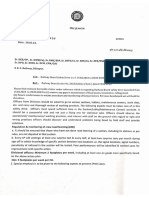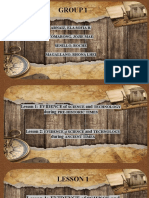100% found this document useful (1 vote)
1K views6 pagesIn Search of Meaning
this pdf is a detailed summary of a popular text
Uploaded by
Deepak SharmaCopyright
© © All Rights Reserved
We take content rights seriously. If you suspect this is your content, claim it here.
Available Formats
Download as PDF, TXT or read online on Scribd
100% found this document useful (1 vote)
1K views6 pagesIn Search of Meaning
this pdf is a detailed summary of a popular text
Uploaded by
Deepak SharmaCopyright
© © All Rights Reserved
We take content rights seriously. If you suspect this is your content, claim it here.
Available Formats
Download as PDF, TXT or read online on Scribd
/ 6

















